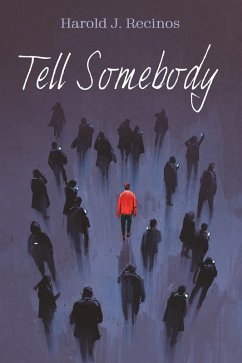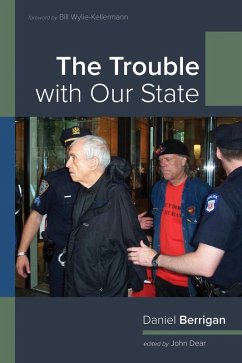
The Place across the River (eBook, ePUB)
Versandkostenfrei!
Sofort per Download lieferbar
9,95 €
inkl. MwSt.
Weitere Ausgaben:

PAYBACK Punkte
5 °P sammeln!
The Place across the River addresses defective systems of culture, politics, religion, and social relationship with poetic discourse reflecting the predicament of the abandoned and rejected whose voices carry little social power. The collection of poems provides an unforgettable portrait of life on the margins, where the working class, Black, Brown, and rejected human beings overlooked by mainstream society weep about shattered dreams and keep hope for a divided society alive.
Dieser Download kann aus rechtlichen Gründen nur mit Rechnungsadresse in A, D ausgeliefert werden.













